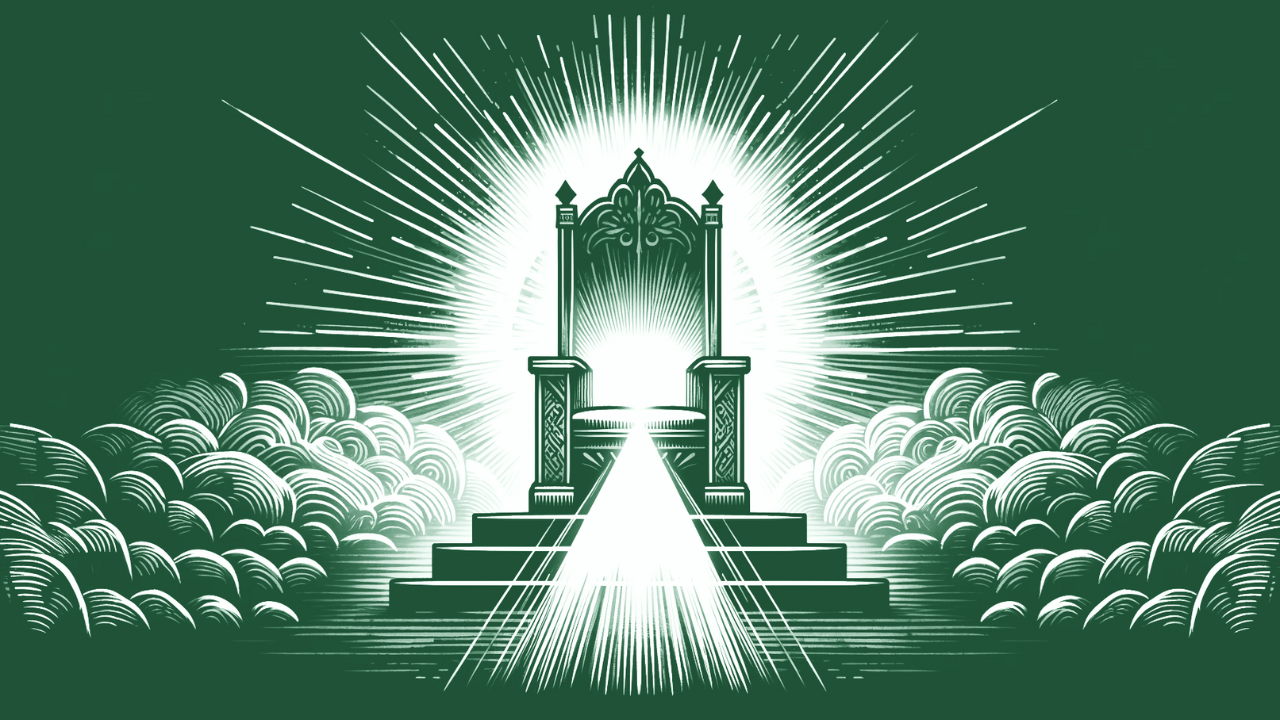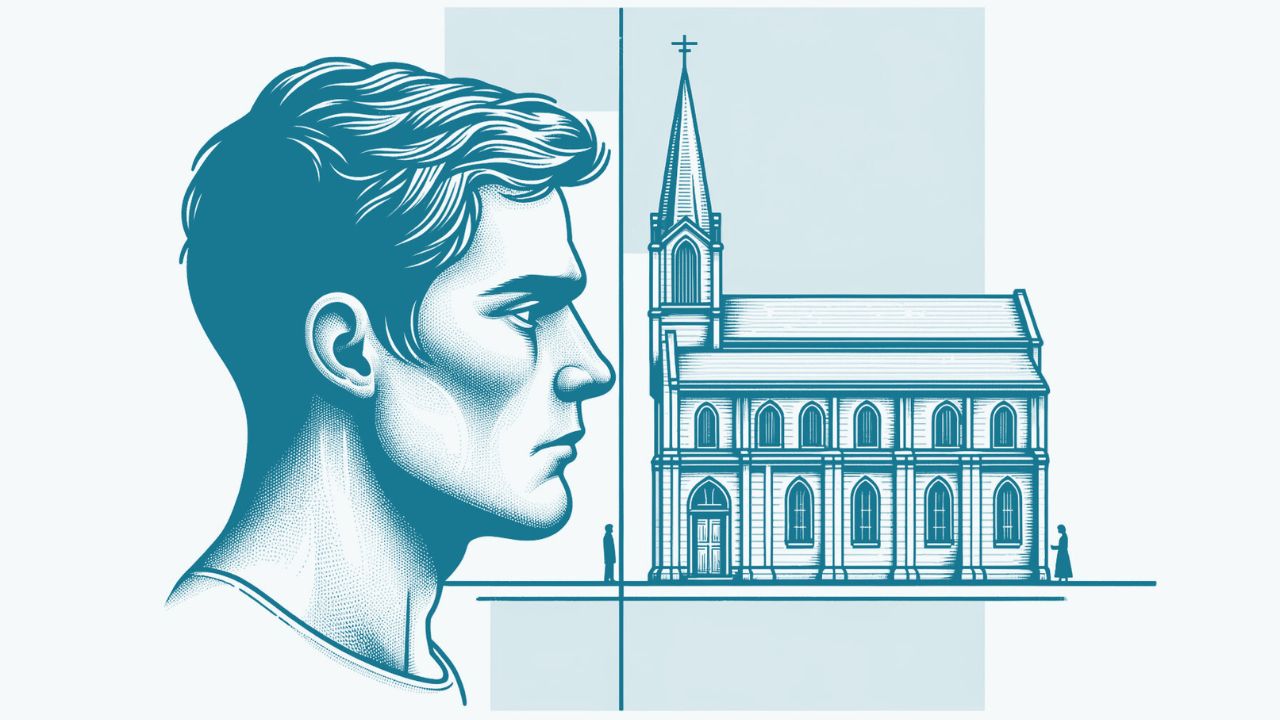
I remember a conversation that I had years ago with an older man at another church. He had come to the church for a few months just to kinda see what the whole Christian experience was like. He had recently interacted with some Christians, he said, for maybe the first time in his life.
Our conversation revealed that the older man’s life had much failure, fear, and that he was facing some serious medical problems. When I asked if he were a Christian, he replied no. He said that he could not understand the place that Jesus had in the Trinity. As we continued to have a discussion I brought up the cross of Christ. The older man admitted that he was a sinner, but thought he was “getting better.” I think went on to talk about the resurrection of Jesus Christ and its implications for his life. I encouraged him that by repenting of his sins and acknowledging Jesus as his personal Lord and Savior he would become “born again” to a new, eternal life in Christ. His sins would be forgiven, and he would receive the gift of the person and power of the Holy Spirit to cope with his present realities. He would be a new creature, with a new mind and a new heart, and could start his life over. The new life would not be a rebuilt old life, but a new life in Jesus.
After our conversation ended we each went our own way. I think I saw him at church one or two other times but never again after that.
Our new life in Christ begins when we realize who we are…separated from God by our sin.
In Luke 3:3-6 John’s message was directed to the common people. He preached “a baptism of repentance for [with a view towards] the forgiveness of sins” (Matthew 3:2: “Repent, for the kingdom of heaven is at hand”). The Jews were used to seeing an unclean Gentile enter the waters of baptism, or the Levitical washings to restore an unclean Jew to his former condition. However, John was saying that the children of Abraham were unclean and needed preparation for an entirely new condition. This was not an offer of salvation to the people. Only the Messiah could extend that offer. Rather, his task as the forerunner was to prepare their hearts for the Messiah’s arrival. The Messiah would then forgive the sins of the people and baptize them with the Holy Spirit. John’s role would employ the symbol of cleansing that they understood to ready their hearts for the forgiveness of their sins. Repentance involved the expression of sorrow for sin, and then a complete turning away from it so one could receive forgiveness for sins. Entering the waters of the Jordan physically demonstrated the person’s spiritual willingness to have the Messiah forgive his sins.
In his day, Isaiah told the people that they would have to construct a road for the Lord if they were to see his glory. John’s message reminded them of that same truth. If people hoped to see the salvation of God in the form of forgiveness of sins, they must first build Messiah a smooth road named “repentance.” In calling the nation to repent John was functioning as an Old Testament prophet, according to the principles in Deuteronomy 28, 30. Before the blessings of Messiah could come the people would have to turn from their sins to God, and then seek his forgiveness. Page: 4 John, like Isaiah, gave the people of Israel a six-fold plan to prepare their hearts for the coming king. The individual needed to repent in the following areas. First, he would have to “Make his paths straight”-men who changed God’s ways and made their own paths needed to get back on the Lord’s course. Second, “Every ravine shall be filled up”-the hope for the lowly was that all would be put on the same level in his kingdom. Third, “Every mountain and hill shall be brought low”-when this king came he would want to find a people of humility, without pride and lust for power. Fourth, “the crooked shall become straight”-thieves, robbers and corrupt officials would turn away from their old ways. Fifth, “rough roads, smooth”-tension and difficult situations would give way to the joy of living. And sixth, “All flesh shall see the salvation of the Lord”-as God’s salvation was being offered in the coming Christ it could be seen and experienced by all who repented of their sins. If any man, woman, or child would travel down the road of humility, repentance, and confession to call upon the Lord, they would experience the salvation of the Lord.
Can we hope to have a new life? Yes! If we realize who we are-sinners who need to be saved by the grace of our Lord Jesus Christ. As Paul would write later to the Ephesians, “For by grace you have been saved through faith; and that not of yourselves, it is the gift of God” (2:8).



